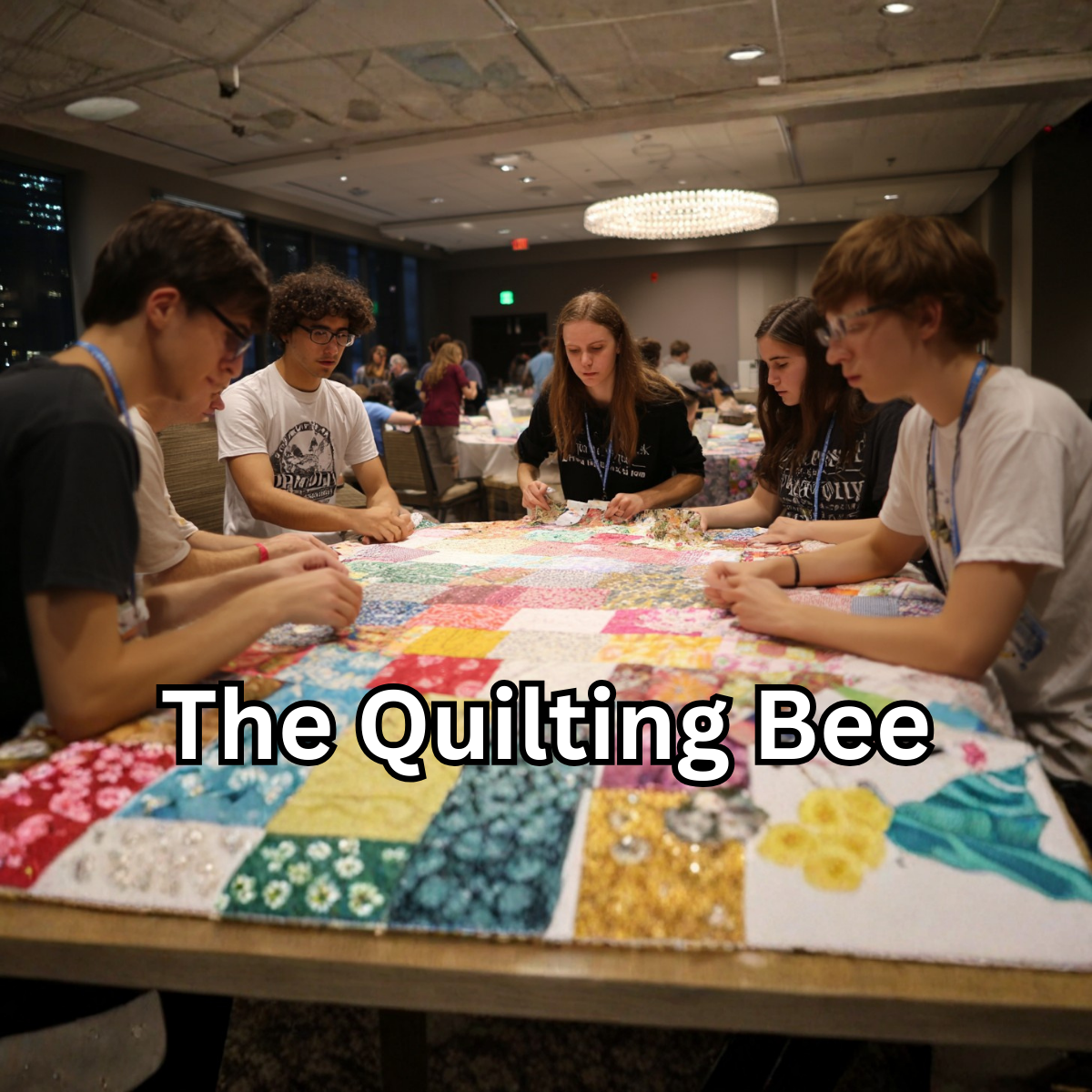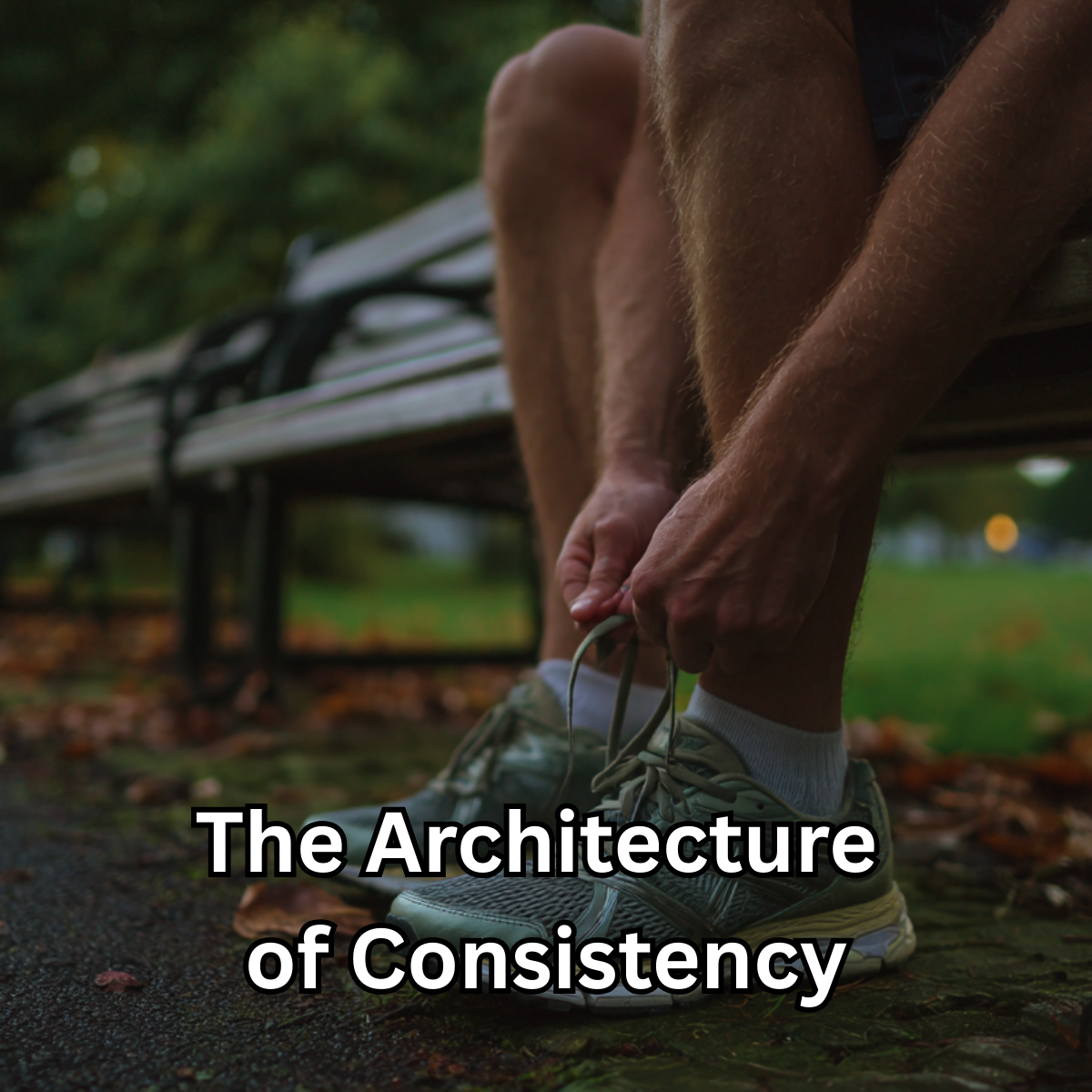The ethic of reciprocity is a the principle of treating others as you would want to be treated. This has been called “the Golden Rule” by mainstream Christians. This ethic is referenced as coming from the New Testament, specifically the gospel of Matthew in which Jesus is quoted as saying, “Therefore all things whatsoever ye would that men should do to you, do you even so to them.” This law has taken many forms over the years, you will hear it expressed in the act of doing something, not doing something, or even wishing something upon someone. This is a powerful, and important ethic and probably one of the main ethics that have driven Christian society for a few thousand years. However, the concept did not originate with Jesus Christ.
Many historians have pointed out some strikingly similarities with what Jesus was recorded to have been teaching, and many contemporary Buddhist scholars were also teaching. Some have even argued that Jesus must have taken a trip East and studied some eastern religions. Perhaps the wise men, were really scholars from distant lands and gave Jesus much more then Frankincense and Myrrh? Anyway, the origin of this ethic comes from the ancient Chinese teachings of Confucius about 500 BCE. In writings attributed to him, it was recorded: “What you do not with for yourself, do not do to others.” and “Since you yourself desire standing then help others achieve it, since you yourself desire success then help others attain it.”This last point, a more defined version of reciprocity, Jesus summed up succinctly, “the last shall be first and the first last.”
The point of this is not to introduce a debate as to who the original author of the Golden Rule was. The most likely scenario is that the son of a carpenter in a poor Nazarene community would have never had known or even been exposed to Confucianism. The point that I like to focus on is that this concept, this human ethic if you will, is a concept that is just true. Truth has this way of just making its way into any society, any system of religion. If something is so eternal, so accurate it will be discovered over and over again as great leaders and teachers really seek for the truth. I think a great evidence of the accuracy, the validity of a principle of ethics is the fact that it is discovered and rediscovered throughout the ages.
So the Golden Rule crossed the boundary between east and west. Great leaders from all major religions have taught this tenant of human responsibility toward others. Having established that, I think we can say that the Golden Rule is definitely something worthy of consideration, perhaps even practice. I say practice, because I do not believe that you can wake up and naturally focus on the benefit of others. I think your initial impulse, your primary impulse is to care for yourself first and foremost. Lifting your own-self is your first inclination, that is the animal part of us. The primal urge of survival, and the dominance of our particular combination of the gene pool. To be human, to have superior consciousness as taught by Confucius and Jesus is to suspend the natural self and instead seek for the betterment of others.
So this is a concept that we definitely have to practice. To actively think about, to remind ourselves and hold ourselves accountable for following the principle. An ethic, as powerful as this one, has to be mastered over a lifetime. It was said that Confucius did not get this figured out until he was in his 50s, and even then had many years to test these teachings and see them in practice. Both religious leaders both seemed to recognize that self mastery was a key principle for their followers to adopt and by so doing would create a social paradigm of altruism that would lead to a greater and improved society.
Finally, I think it is important to note that following the Golden Rule is not something that can be done through ritual or rite. If it is a religious concept, it is a concept that requires true sincerity and a genuine recognition of one’s own faults. I think during this Holiday Season, we would be wise to consider, regardless of what religion we might subscribe, to ponder just what we are doing to manifest important human ethics into our lives. Are we truly treating others as we would treat ourselves?
Great question. For those of you that are Christian, today would be a perfect time to really ponder that concept. The reason that we are driving all over the place buying gifts for others at the last minute. For those of you who are not, I think today, right now, is always a great time to consider how to be a better human.
Guy Reams



